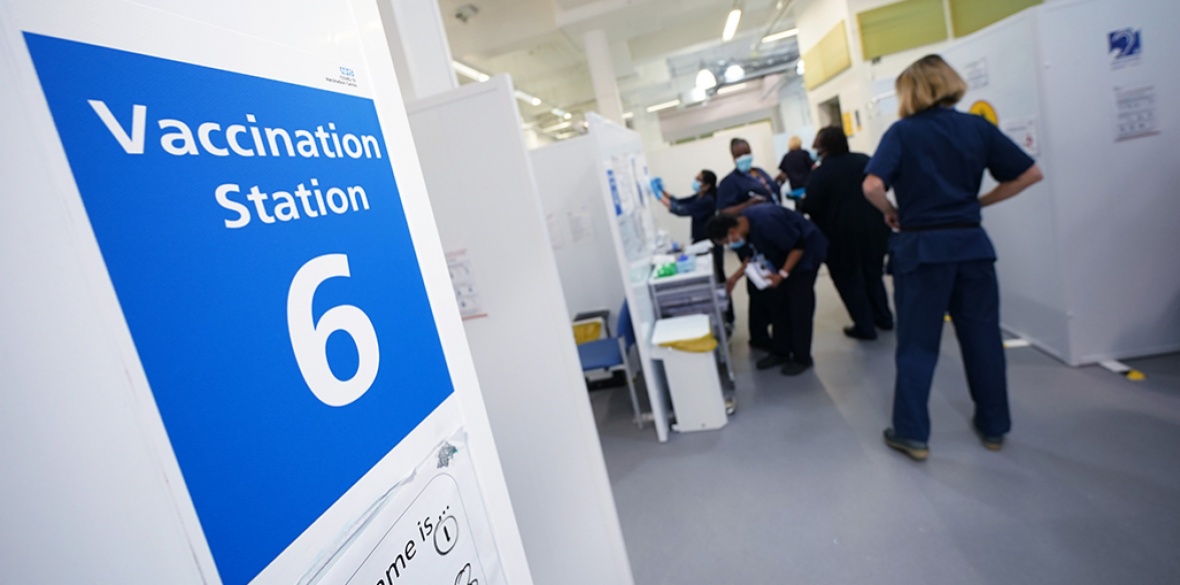This is the last article you can read this month
You can read more article this month
You can read more articles this month
Sorry your limit is up for this month
Reset on:
Please help support the Morning Star by subscribing here
HOSPITALS are resorting to “desperate measures” to cope with mounting staff absences, including pressing workers on sick leave to return early and cancelling operations, health union Unison said yesterday.
A “snapshot” of ambulance, acute and community healthcare workers’ experiences in England over one week this month “paints a worrying picture,” Unison warned.
The union said that information provided by staff showed that some employers were attempting to tackle workforce gaps – exacerbated by the spread of the omicron variant of Covid-19 – by reducing appointments and asking staff to work in areas outside their normal area of expertise.
Some workers also said that they had also been asked to discharge patients more quickly, cancel annual leave and take on more shifts.
One healthcare worker said: “Staff have been redeployed on an ad hoc basis to A&E, which creates a lot of stress. They don’t know the area and aren’t trained to work in it.”
Unison head of health Sara Gorton said: “Employers are using desperate measures to cope with desperate times.
“But stretching dwindling numbers ever thinner cannot solve this staffing crisis.
“The pandemic has shown what happens when too few staff try to do the jobs of many thousands.
“Ministers must act now, pay the wages NHS staff deserve and do their utmost to solve this damaging staffing crisis.”
The findings of the Unison survey coincided with new figures showing that the number of people waiting for hospital treatment has hit six million for the first time.
Of those, one in 20 has been waiting over a year for routine hospital treatment such as knee and hip surgeries.
The figures from NHS England also show that, in December, nearly 27 per cent of patients arriving at an emergency department waited more than four hours to be seen – another record high.
Ambulance services also continue to struggle with near-record response times and handover delays at A&E departments.
On average, it took more than nine minutes for ambulances to respond to the most urgent calls, far longer than the target time of seven minutes.
Although hospitals have been hit with record staff absences in recent months, the latest figures indicate that the number off work for Covid-related reasons has started to fall.
Labour shadow health secretary Wes Streeting blamed the crisis on 10 years of Tory “mismanagement” of the NHS.
Health Secretary Sajid Javid confirmed yesterday that the self-isolation time for people who test positive for Covid-19 will be cut from seven to five full days.

 Bethany Rielly
Bethany Rielly










